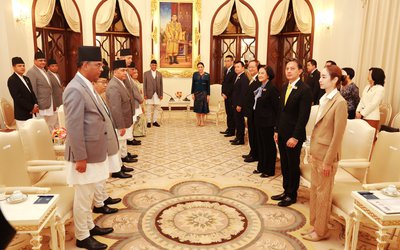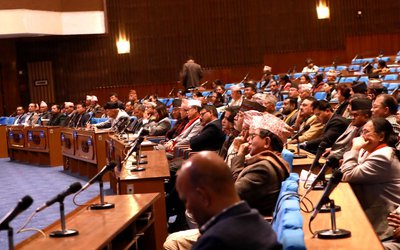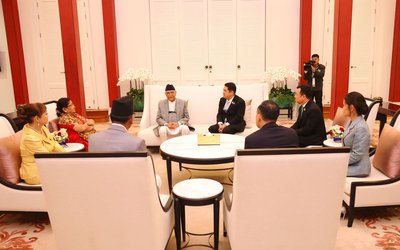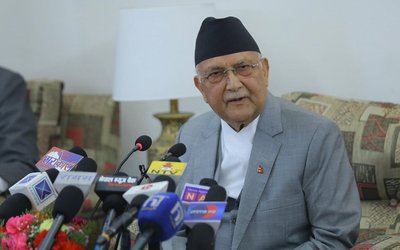More on News





The Government of Japan has decided to extend a Grant Assistance up to one billion, five hundred and seventy-one million Japanese yen (Y1,571,000,000), approximately one billion, four hundred and seventy-five million Nepalese rupees (NRs.1,475,000,000), to the Government of Nepal, for the execution of the Project for Micro-Hydropower Improvement in Western Area in Japan’s Fiscal Year 2013.
In this context, a program has been planned for April 22, 2014 to sign and exchange Notes between Masashi OGAWA, Ambassador of Japan to Nepal and Yuba Raj Bhusal, Secretary of the Ministry of Finance of the Government of Nepal on behalf of their respective governments. Similarly, on the occasion, a separate Grant Agreement will also be signed and exchanged between Tsutomu SHIMIZU, Chief Representative of Japan International Cooperation Agency (JICA) and Madhu Kumar Marasini, Chief of the International Economic Cooperation Coordination Division of the Ministry of Finance.
Under this Grant, the Project will purchase the products and services necessary for the construction of infrastructure and replacement/ installation of new equipment for the improvement of three (3) existing micro-hydropower plants in Bajhang, Bajura and Rukum Districts in Western Area of Nepal. The total installed capacity of these three plants will be 698kW (Bajhang 230kW, Bajura 228kW and Syarpudaha, Rukum 240kW).
These three micro-hydropower plants have been supplying electricity to remote villages that are not connected with the national energy grid of Nepal, and have been contributing to strengthening local development activities as well as helping children enhance their study. The infrastructures of these plants, including the power plant and water canals, have already been in operation for more than 25 years and have now exceeded their life-span and are in need of urgent improvement. Until now, local communities have benefited and it is expected that after the completion of this project more than 6,000 households will directly benefit from an uninterrupted and reliable energy supply.
According to a press release issued by Japanese Embassy in Kathmandu, Japan expects that this project will be instrumental to further strengthening economic activities/ prosperity at the local level, and to encouraging children to seriously engage in their studies. It is also expected that the infrastructures being constructed and equipment being installed for the improvement of these plants will be well maintained and operated effectively with the strong ownership of all the stakeholders.






